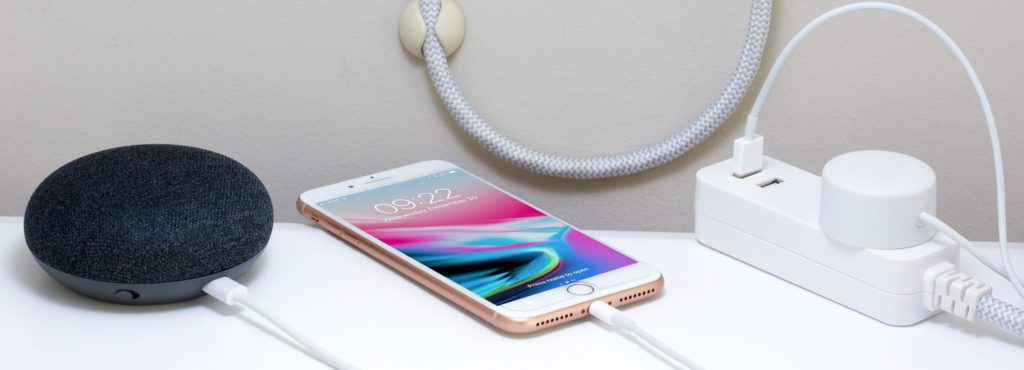The best option for managing your healthcare needs: Alexa, Google Assistant or Siri?
Voice assistants, such as Alexa, Google Assistant and Siri, have become more and more popular. In September 2020 it was estimated that there were over 110 million virtual assistant users in the US alone and 16% of Americans owned a voice-activated smart speaker. A study by Adobe Analytics found that the most common voice commands were asking to hear music, inquiring about the weather forecast and checking the news.
Some people have been using their voice assistants to help remind them when to take their medication and to reorder repeat prescriptions. This helps with patient adherence and during the past year it has helped to take some strain off healthcare services with more people opting to renew prescriptions online instead of in person. This helps to reduce visits to the pharmacy and with the increase in patient adherence it can help lower the number of times a patient has to visit their doctor too. Some users are also asking voice assistants to provide health information, for example advice on diet or how to stop smoking. Many users of voice assistants use them because they believe that they are quicker, more convenient, and more accurate than standard typing.
However, not all voice assistants are created equal, as research conducted between late 2018 and early 2020 discovered. Researchers Yan Fossat and Adam Palancia from Klick Health tested technology from Google, Amazon, and Apple, and found that Google assistant understood 92% of brand name medicines and 84% of generics. Siri understood 58% of brand names and 51% of generics while Alexa scored 55% and 46%, respectively. The researchers activated the various assistants and played audio clips from 46 English-speaking people (12 of which spoke English with a foreign accent) saying “Tell me about” followed by the name of the medication. This was done using the brand and generic names of the top 50 most dispensed medications in the United States. Their research also discovered that all of the voice assistants were better at recognizing the brand names than the generic names, but if both names were pronounced perfectly then the systems recognized the generic names more accurately. This is because the longer, more complex generic names are less likely to be misunderstood, brand names are also more likely to have homophones associated with them.
The research carried out by Fossat and Palancia along with their colleagues at Klick Health also found that typed Google laptop searches revealed better results than the voice assistants. Using voice commands to find information on health and smoking cessation found that Google voice assistant generated high-quality advice 76% of the time, Siri had a 28% success rate and a “good old fashioned” laptop search gave quality advice 83% of the time.
This raises the important issue of accuracy with regard to prescriptions and medical advice. As we can see, voice assistants are not 100% accurate and therefore could perhaps pose a safety risk, particularly for more vulnerable members of the population. Perhaps patients could be informed of the risks before they conduct a voice search for a particular medicine or health condition. Voice assistants should perhaps ask the patient to confirm a particular drug name, especially if it concerns a prescription that the patient is taking. The pharmaceutical industry might need to consider this while thinking of new brand names for their drugs, perhaps considering how easy it is for a voice assistant to recognise potential names against homophones. The tech companies could perhaps introduce a particular voice command which could be used to specify brand names so they aren’t confused with homophones. And of course, we should not forget those voice assistants also reside on our smartphones, giving us the option to either say or type our searches.
Perhaps we are looking at a future where voice assistants residing on smart speakers are mainly used for renewing prescriptions and appointments and that users will continue to rely on the voice assistants in their phones for drug-specific information, even if they have to type their request, with the assistant speaking the results back to them. One should also consider that sales of hybrid home devices (screen + smart speaker) are on the rise, ultimately enabling users to leverage the power of smart assistants much more easily, when it comes to their healthcare needs.
#VoiceAssistants #Siri #Alexa #GoogleAssistant #PrescriptionReminder
Sources
https://uxdesign.cc/some-stats-about-voice-assistants-1c292476584
https://www.nationalpublicmedia.com/insights/reports/smart-audio-report/
https://www.nature.com/articles/s41746-019-0133-x
https://blog.adobe.com/en/2018/09/06/adobe-2018-consumer-voice-survey.html#gs.w19dzb
